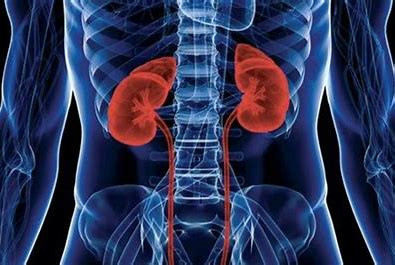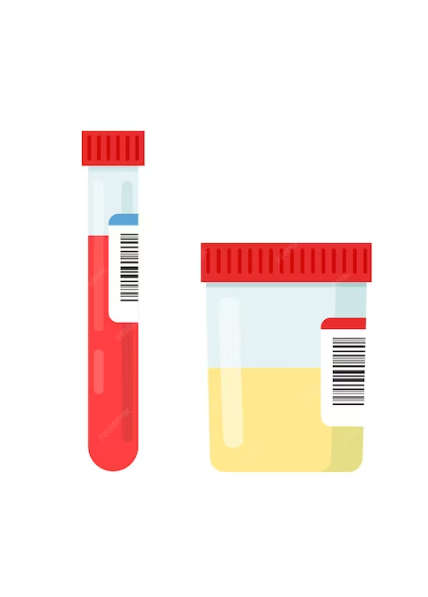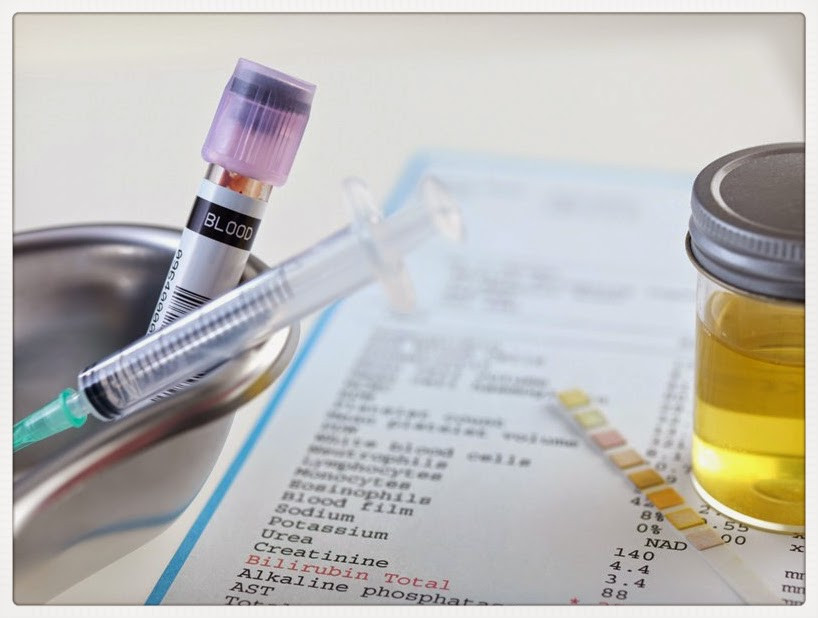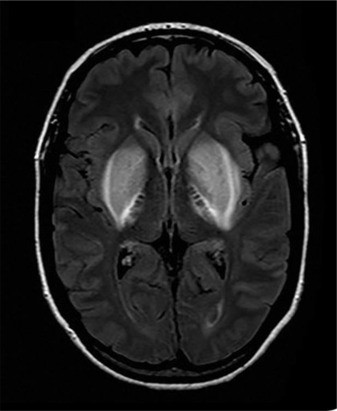Definition
The albumin-to-creatinine ratio (ACR) is the recommended test for detecting albumin in urine. Albumin, a protein commonly present in the blood, is usually retained by the kidneys when they pass the organs, preventing significant amounts from being excreted in urine. Creatinine, a normal byproduct of muscle metabolism, is consistently found in urine.
This test measures the ratio of albumin to creatinine in urine, offering a more precise evaluation of albumin levels in the urine. Elevated albumin in the urine may indicate that the kidneys are allowing excess protein to pass into the urine, potentially signaling a kidney dysfunction.
Various urine albumin tests could be employed for screening, diagnosing and monitoring kidney disease in people. Albumin-to-creatinine ratio test could assist in detecting kidney disease and evaluating the risk of its progression. A very low value of this test generally suggests normal kidney function, while a mildly increased level may indicate kidney disease in its early stage. A significantly elevated ratio of albumin to creatinine denotes the kidney disease has progressed to a more severe stage.
We also have an article on albumin which you can read here: Albumin - Definition, Indication and Contraindication.
Indications
The ACR test is primarily used to detect early signs of kidney disease in high-risk individuals that have no symptoms yet. Risk factors for developing kidney disease include:
- Diabetes
- High blood pressure
- A family history of kidney disease, diabetes, or high blood pressure
- Cardiovascular disease
- Age over 50 years
- Smoking habits
- Obesity or other conditions with potential kidney involvement, such as lupus
For individuals who have had an abnormal urine albumin test or have been diagnosed with kidney disease, ACR test is also utilized to monitor their conditions or evaluate the effectiveness of their treatments.
Additionally, the ACR test can be used to assess proteinuria (protein in the urine) in hypertensive disorders of pregnancy (HDPs). It also aids in interpreting measurements of protein in the urine related to preeclampsia.
Contraindication
There are no individuals for whom it is advised against to check their albumin to creatinine ratio. This test can be considered safe to carry out and has no certain risks.
Preparations Prior to Test
No test preparation is needed prior to the test. Ensure your doctor is aware of any medications, vitamins or supplements you may be taking. This involves over-the-counter medications and illegal substances that you may take. Whether or not you need to stop taking any of these medications for the test depends on your doctor’s instructions.
Vigorous physical activity might cause the test findings to be inaccurate, with the values seeming higher than the true value. Prior to the test, you may also be instructed to refrain from consuming certain food, such as meat. Meat consumption can impact the levels of creatinine in the body.
Test Procedures
The test is usually conducted by using a urine specimen. A sterile cup will be provided by your medical professional for the purpose of collecting the urine. Typically, you will also be requested to provide a sample of urine during your visit to the healthcare facility.
In addition, albumin can also be measured by protein urine test and 24-hour urine collection. To obtain samples of 24-hour urine, it is necessary to gather all of your urine over a period of 24 hours. First, you should empty your bladder thoroughly, the urine from your first pee does not have to be collected. Please take note of the timing. The following twenty-four hours, ensure that you collect your urine each time you use the restroom.
Urine creatinine level is also assessed to improve the accuracy of the test. Creatinine is produced as metabolic byproducts of protein digestion in the body.
Normal And Abnormal Values
The ACR test results are expressed in two units, they are milligrams per gram (mg/g) or milligrams per millimole (mg/mmol) of albumin per creatinine. For a 24-hour urine sample, the results are given in milligrams per day (mg/day or mg/24 hours).
The standard reference ranges for adults are:
- <3 mg/mmol: normal to mildly increased
- 3 - 30 mg/mmol: moderately increased
- >30.0 mg/mmol: severely increased, including nephrotic syndrome (typically with a urine ACR >220 mg/mmol)
A new ACR finding between 3 and 70 mg/mmol should be confirmed with a first morning urine sample to ensure consistency and rule out temporary elevation that could happen due to other conditions besides kidney damage. If the ACR exceeds 70 mg/mmol, repeated tests are not required.
Results and Suggestions (Follow-Up Tests)
The interpretation of your test results may vary depending on the specific type of urine albumin test you undergo, as well as the status of your health and the purpose of the test. Albuminuria refers to abnormally high concentrations of the albumin in the urine. A diagnosis of moderately or significantly increased albuminuria is usually established when the patients have on a minimum of two albuminuria results out of three tests in three to six months.
Detecting albuminuria is crucial since it can serve as an indication of damage in the kidney. Elevated levels of albumin in the urine are linked to an accelerated development of kidney disease. Albuminuria is a prevalent occurrence in diseases such as diabetes and hypertension, which can have significant detrimental impacts on the kidneys.
High albuminuria does not always mean there is kidney disease. Intense physical activity, urinary tract infections, fever, and various inflammations could briefly increase the albumin levels. Repeat tests are useful to help identify whether the albuminuria is partly due to kidney disease or only temporary due to the conditions mentioned above.
Consult to The Right Doctor
It's essential for you to engage in discussions with their doctor or internist regarding the interpretation of your test results. Understanding the test requires taking your test outcomes into account along with your overall state of health, susceptibility factors, and symptoms.
Your doctor can tell you what your test results mean and how they relate to your medical condition or your disease. If you receive a diagnosis of kidney disease and it is still in early stage, there are actions you could do to slow the progression of kidney damage and maintain your overall health.
Want to know more information about laboratory, radiology and other examination results? Click here!
- dr Hanifa Rahma
Urine Albumin to Creatinine Ratio (ACR). (2022). Retrieved 08 May 2023, from https://www.nhs.uk/conditions/acr-test/
Urine Albumin and Albumin to Creatinine Ratio Test. (2022). Retrieved 08 May 2023, from https://www.testing.com/tests/urine-albumin-and-albumin-creatinine-ratio/
Microalbumin Creatinine Ratio. (2022). Retrieved 08 May 2023, from https://medlineplus.gov/lab-tests/microalbumin-creatinine-ratio/
Albumin : Creatinine Ratio (ACR) and Protein : Creatinine Ratio (PCR). (2020). Retrieved 08 May 2023, from https://www.gloshospitals.nhs.uk/our-services/services-we-offer/pathology/tests-and-investigations/albumincreatinine-ratio-acr-and-proteincreatinine-ratio-pcr/












